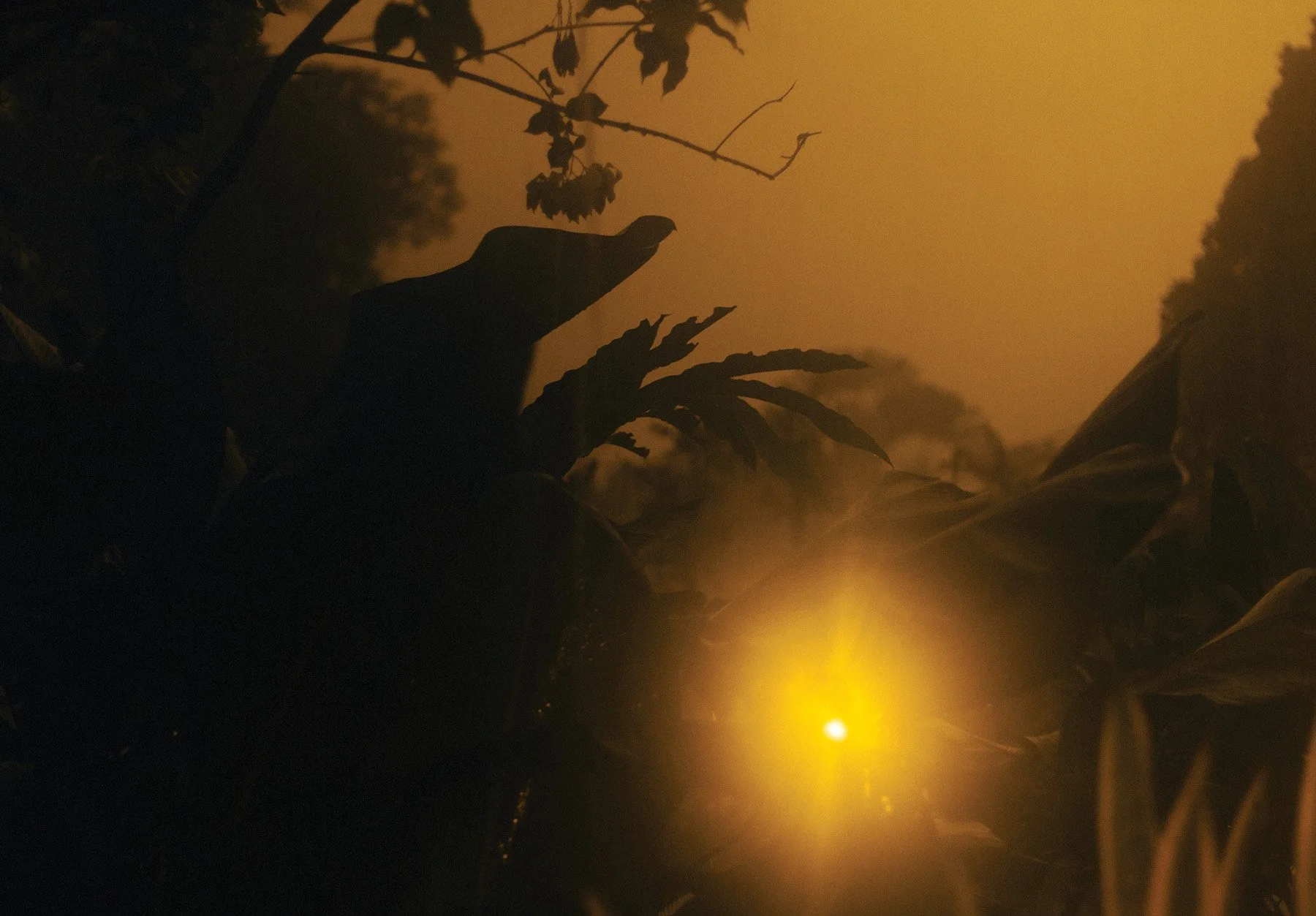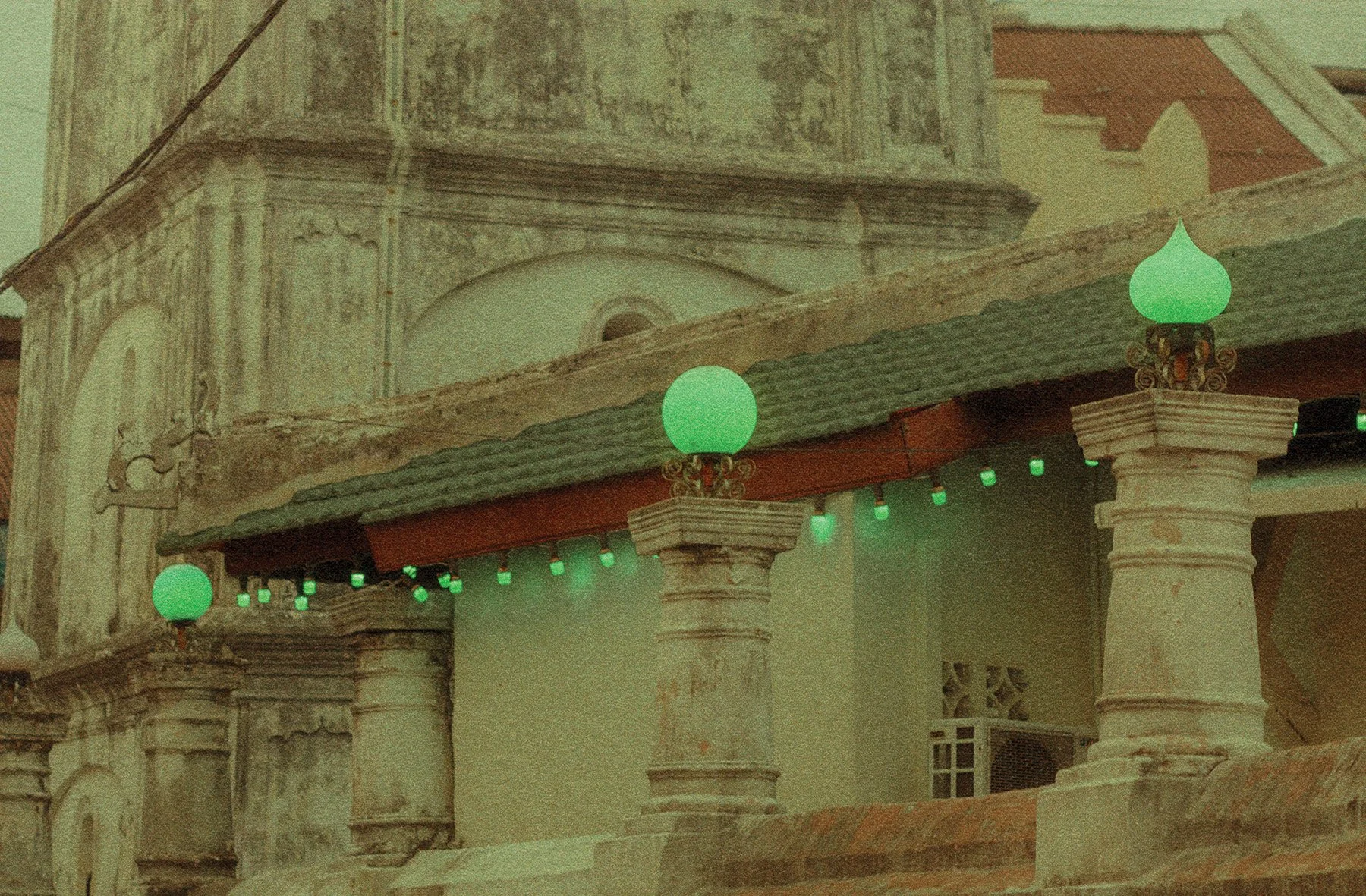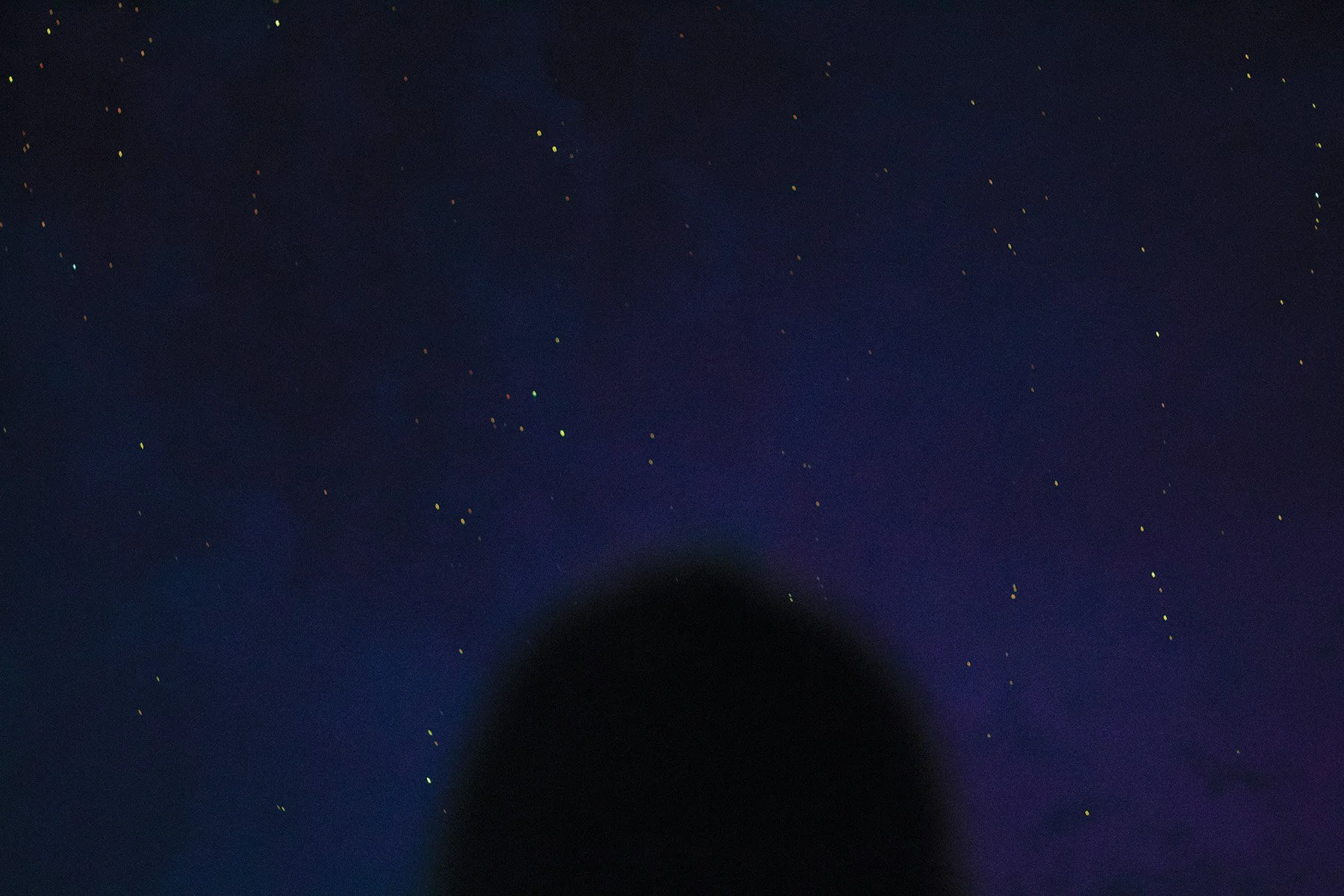Afterwards, Dr. Roy came in to follow up. Up close, I saw that I had been wrong about her looks. She was not stern-looking. It was only her black glasses that gave that impression from afar. She was, and there is no other way to put it, handsome. She had beautiful, creamy, unblemished skin, just like my mother, but unlike Amma, she did not have a petite or delicate frame. She was tall and broad shouldered. Square-jawed. She had heft.
She completely ignored Amma.
She went directly to Subramanium and inspected the stitches. My mother was out of the light then, and Dr. Roy was in it.
“Fine,” Dr. Roy said. Who she was speaking to, I had no idea, but I presumed she was telling my mother, in a single word, that the work was acceptable.
Subramanium was from a lower-income family. His father was a shoe cobbler. Although all three boys were dressed in identical school uniforms, all three of them filthy from playing outside, somehow Dr. Roy ascertained that Subramanium was not wealthy. I think it must have been that Subramanium’s clothes fit a little too tight on him, or perhaps they were more faded, worn out.
“There will be no fees,” Dr. Roy said to Subramanium. Her voice was warmer now, caring. “You will be fine. But promise me you will come back in two weeks so we can make sure it has properly healed.”
He nodded and she repeated herself. “Tell your parents that there will be no fees.”
She left the room as she had entered it, without acknowledging my mother. That was when I learnt that a person can be both kind and cruel, sometimes in the same moment.
When the boys and I returned home, I went back to Savitri’s story, which ended with her husband, despicable as he was, joining her in the independence movement.
• • • •
In the spring of my thirteenth year, Amma went to Madras for three nights to attend a special nurse training at Apollo Hospital. She was head nurse by then, making triple what my father earned at his clerical job. She was proud of supporting our family, but prouder still of the work she did. She spoke for weeks about the upcoming training in Madras, where she would learn a new method of suturing that left less of a scar.
For the three days she was gone, my father did not sleep in our house, nor did he tell us where he slept. He came home in the mornings, long after the lights from the vilakkus were out, in a good mood, whistling film tunes. We knew not to ask him where he’d been. I was familiar with my mother’s outcries by then, and assumed he was with the woman my mother referred to as “that whore.” I pictured the woman as low caste, someone who lived in the slums down the hill. Someone beautiful but poor, like the woman who came by with vegetables each afternoon and called out “Kai!” to my father. My father always hurried out when this woman came. He never negotiated with her and, to my mother’s dismay, often paid two rupees extra for the brinjal, three extra for the long beans.
“It is not market price,” my mother would say, when she came home from work, and found out what he had paid.
“Let it be, she’s a poor girl.”
On the last morning before Amma returned from Mumbai, I could not sleep. I went outside early, just as the sun was rising, and saw a figure emerge from Dr. Roy’s house. A man dressed in a sleeveless white bunyan and khaki pants, walking quickly. Likely one her servants, I thought. Perhaps her dog had escaped, and he had been sent to get it.
But the figure was coming towards me, gradually getting larger. I began to make out the details: the soft hunch of the shoulders, the squareness of the head. It was my father.
• • • •
I did not become a doctor.
My father married me off young. A rich family made a proposal when I was just eighteen, and my father thought it was the best decision, the best way for me to have an easy, comfortable life.
The family owned a string of businesses in Tiruttani: a tobacco factory, a glass factory, two movie theatres, a petrol bunk. I would never be left wanting, my father said. Was that not the point of becoming a doctor in the first place, to have security?
The one thing he negotiated on my behalf was that I would continue with my studies after marriage. I was to finish my last year of secondary school and go to college. My future in-laws and my future husband, who had dreams of higher studies himself, agreed. I would go on to study botany, a degree for the showcase, something for display but not for use.
In the months after my engagement and before my marriage, my father did not mention medical school a single time. A door of opportunity had opened, and though it was not the one he first imagined for me, he sent me through it with love and good wishes.





